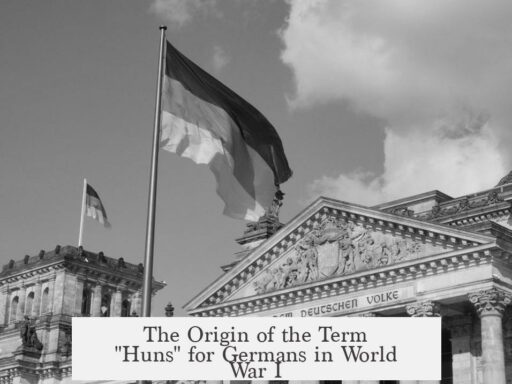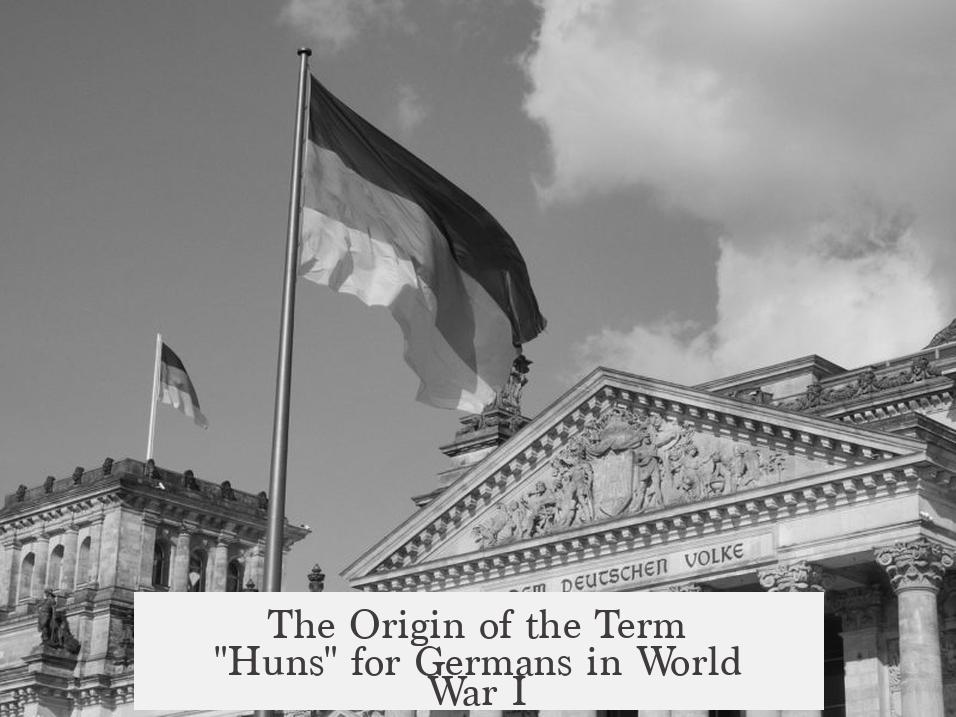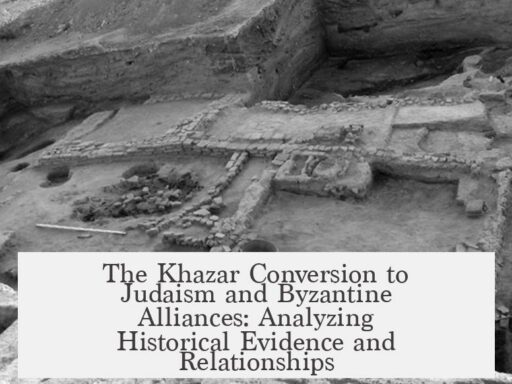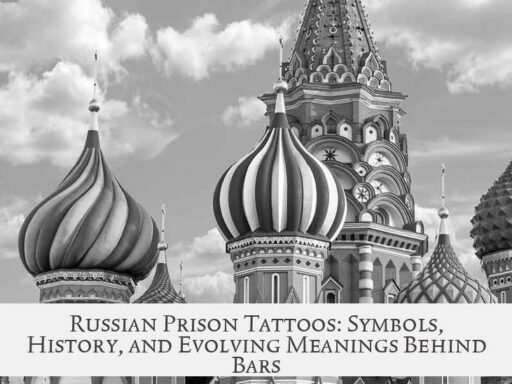The Germans were referred to as “Huns” during World War I primarily due to a speech by Kaiser Wilhelm II, which invoked the historical Huns to inspire German troops and was then widely reported in the European press, leading to the term’s use as a label for German soldiers and their conduct.
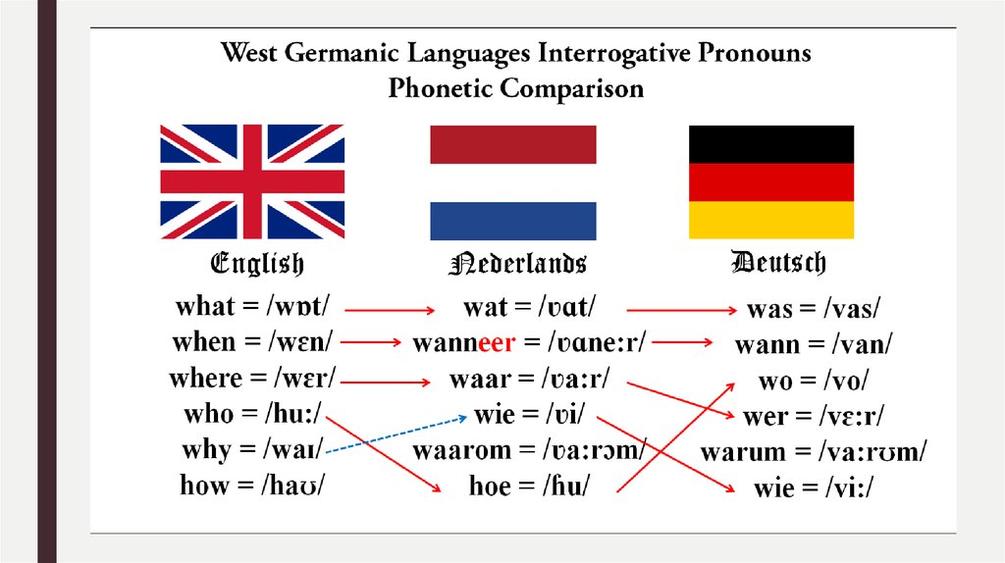
Kaiser Wilhelm II, addressing German soldiers bound for China in 1900, urged them to emulate the Huns of a thousand years before. He said, “Just as a thousand years ago, the Huns under their King Etzel made a name for themselves…so shall you establish the name of Germans in China for 1000 years, so that a Chinese will never again dare to look askance at a German.” This speech was meant to motivate and glorify German martial spirit.
The speech was widely covered by European newspapers. The press used the term “Huns” as a shorthand to depict Germans during World War I as brutal and barbaric enemies. This branding suggested Germans lacked respect for European civilization and humanitarian principles.
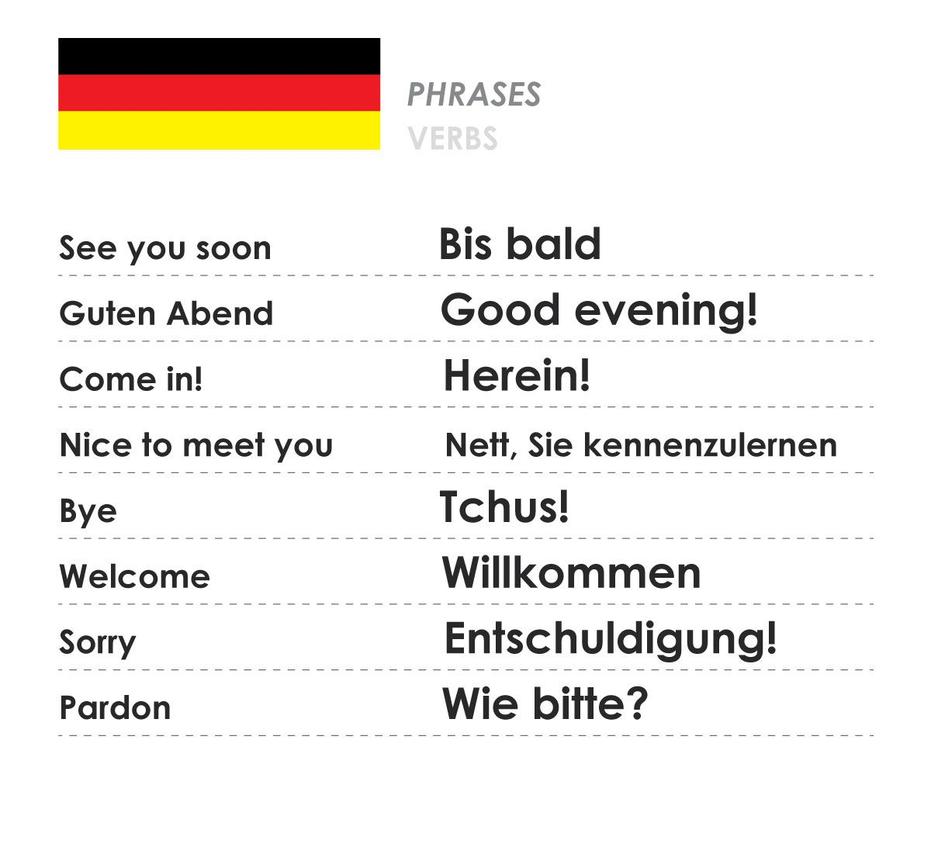
Historically, Germans had linked themselves with the Huns through myths and pseudo-histories like the Volsunga Saga. This legend claimed Attila the Hun was welcomed by Germanic tribes as one of their own, despite the Huns’ actual origins being far from Germany. By the time of the World Wars, this identification had persisted culturally for centuries, making the term usable in German contexts as well.
During the war, German atrocities reported by enemies were sometimes framed under this “Hunnic” image. Socialists like August Bebel cited “Hunnenbriefe,” or letters from German soldiers describing cruel acts, to emphasize the savagery associated with the nickname. These letters fueled further negative propaganda.
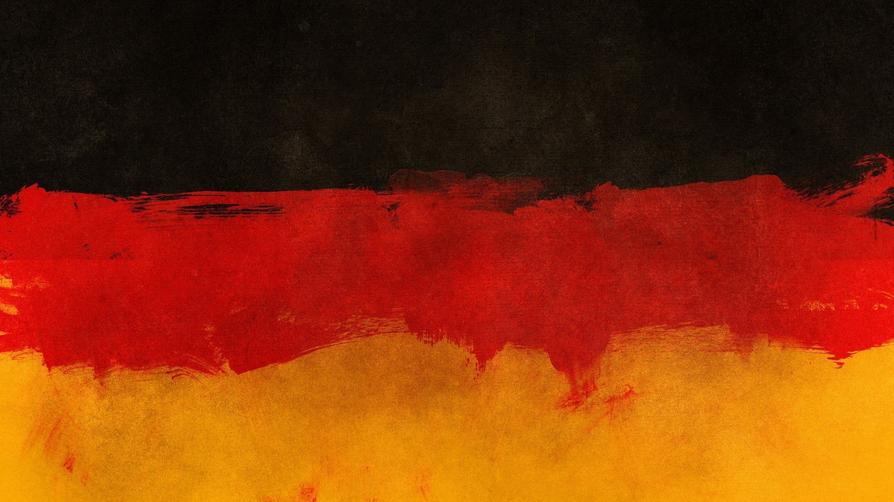
| Aspect | Details |
|---|---|
| Kaiser’s Speech | Reference to Huns to inspire German troops in China, 1900 |
| European Press | Popularized “Hun” label to depict Germans as barbaric |
| German Pseudo-History | Mythical connection between Germans and Huns like Attila |
| Hunnenbriefe | Letters describing German cruelties, used in anti-German rhetoric |
- The term originated from Kaiser Wilhelm II’s speech invoking the Huns.
- European media spread the label as a form of wartime propaganda.
- Germans had long-standing cultural myths connecting them to the Huns.
- Reports of German brutality reinforced the Hunnic stereotype.
Why Were the Germans Referred to as “Huns” During World War I?
In short, the Germans earned the nickname “Huns” because of a mix of historical self-identification, a famous speech by Kaiser Wilhelm II, and the European media’s eagerness to portray Germany as savage and barbaric during World War I. Sounds like quite the cocktail, right? Let’s dive into the layered story behind this intriguing nickname.
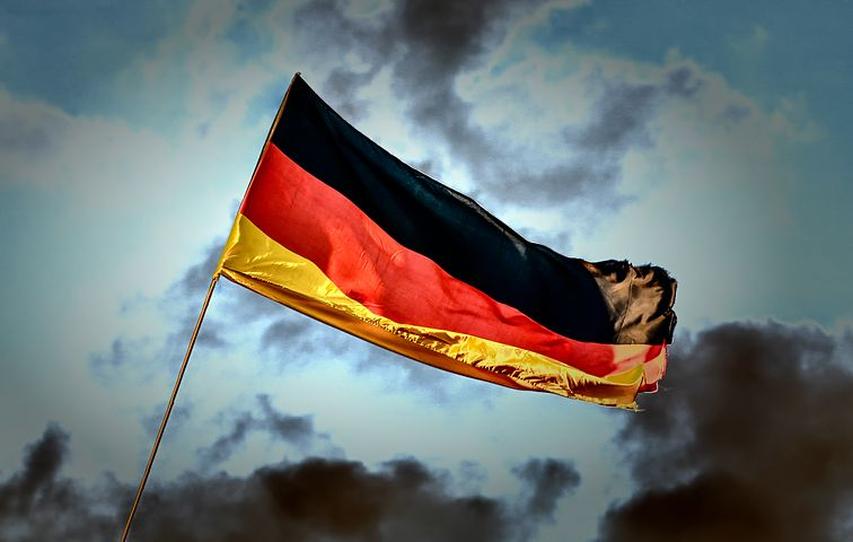
First, you might wonder, “Hun—weren’t they those fierce warriors led by Attila terrorizing Europe in the 5th century?” Exactly. The Huns were legendary for their brutal and nomadic invasions across Europe. So why link this old warlike tribe with the Germans of the 20th century? Blame it partly on Kaiser Wilhelm II himself.
The Kaiser’s Hun Speech: Lighting the Fuse
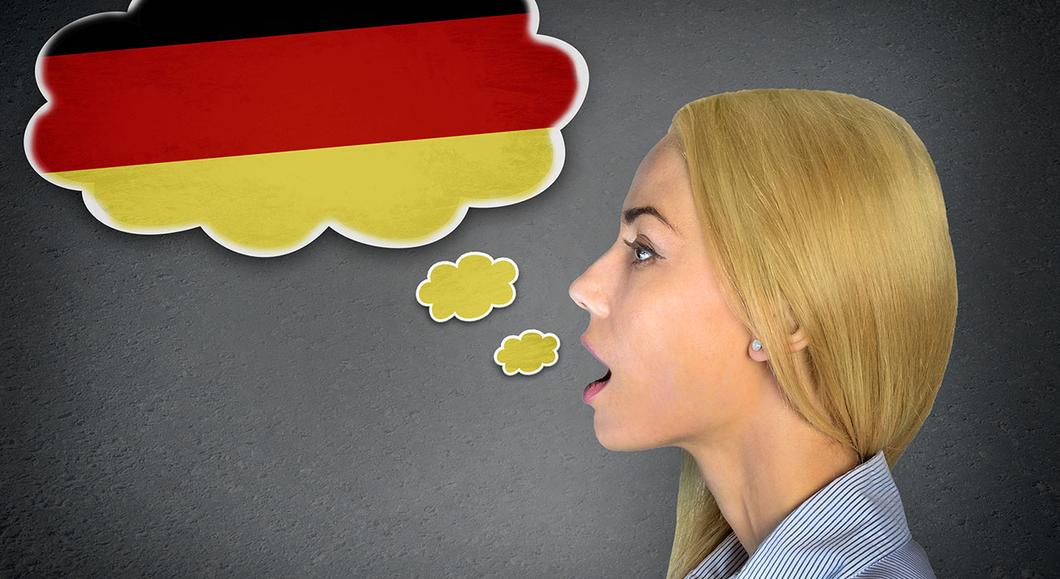
In a stirring and controversial speech to German troops heading to China in 1900, during the Boxer Rebellion, Kaiser Wilhelm II invoked the Huns by name. He called on his soldiers to replicate the awe and fear inspired by the Huns under King Etzel (the Germanic name for Attila), proclaiming: “Just as a thousand years ago, the Huns under their King Etzel made a name for themselves so awe-inspiring in tradition and myth, so shall you establish the name of Germans in China for 1000 years.”
The Kaiser’s intention was clear: paint German soldiers as unstoppable, fierce warriors who would leave a mark so enduring that the Chinese, as a symbol of resistance, would never again dare to challenge Germany. Quite the pep talk! However, this explicit reference to the Huns wasn’t just patriotic bravado—it opened the door for opponents and media alike to seize on the ‘Hun’ label as a symbol of German cruelty.
Europe’s Press Latches On
As World War I erupted, newspapers across Europe dug into the Kaiser’s words like eager detectives hunting headlines. The phrase was picked up and amplified, morphing into a powerful propaganda tool. Suddenly, “Hun” wasn’t just a legendary barbarian of history—it became a loaded joke (well, more of a grim insult) used to depict Germans as uncivilized brutes.
The European press portrayed Germans as “barbarians” with no respect for European civilization or humanitarian values. The media hammered home the image of merciless, savage soldiers, playing to wartime fears and boosting morale by demonizing the enemy. And to be fair, stories of atrocities did circulate, feeding the narrative.
The Germans’ Own Historical Romance with the Huns
Interestingly, it wasn’t just an external insult. Germans themselves had a quirky attachment to the Hun legacy, although rooted in pseudo-history. According to the Volsunga Saga, a medieval Germanic epic, Attila the Hun was welcomed by Germanic tribes as one of their own.
This is historically inaccurate—none of the Huns hailed from what we now consider Germany. Still, over the centuries, the Germans embraced the fierce image of the Hun as part of their heritage and zest for warrior culture. By the early 20th century, this romanticized identity was ingrained. Kaiser Wilhelm’s reference, then, was not pulled from thin air; it resonated with a cultural mythos that Germans had fostered about themselves.
From Heroism to Horror: The “Hunnenbriefe” Letters
During the war, a darker twist appeared in the Reichstag (the German parliament) debates. August Bebel, a prominent German socialist, used the term “Hun” in his speeches to draw attention to reports of German army atrocities. He cited letters from German soldiers that described their cruel actions—these were dubbed Hunnenbriefe, or “Letters from the Huns.”
These firsthand accounts offered chilling glimpses of wartime brutality and were seized upon by critics of the war effort to underscore the savage image that the “Hun” nickname suggested. The “Hun” became a symbol of both feared enemy and internal guilt—a complex and contradictory emblem.
So, What’s the Takeaway?
- Nicknames have power. The term “Hun” was more than a name; it was a weapon in the propaganda war, shaping perceptions in the public mind.
- Historical self-mythologizing played a role. The Germans didn’t merely get slapped with this label. Their imperial leader invoked it, drawing from a cultural tradition that oddly romanticized the Huns.
- Media amplified and distorted. Press outlets used the “Hun” to portray the enemy in the worst light, linking them to barbarism and cruelty in the public imagination.
- Even Germans acknowledged it. With the “Hunnenbriefe” citing cruel German acts, the nickname sometimes reflected uncomfortable truths about the war.
In modern times, the nickname carries a lot of historical baggage. But it’s a fascinating example of how leaders’ words and media portrayal can shape warfare’s cultural battlefield. Imagine if today’s generals used historical nicknames in their speeches—would we think of modern troops as “Vikings” or “Spartans” with all their ancient war stories? Perhaps. Just shows how much past and present collide in language and legend.
Next time you see “Hun” used to describe Germans in WWI, remember it’s a nickname born from a cocktail of imperial swagger, media spin, historical myths, and brutal realities of war.
Got more questions about odd wartime nicknames or curious how propaganda changes stories? Keep digging—it’s worth the historical journey.
